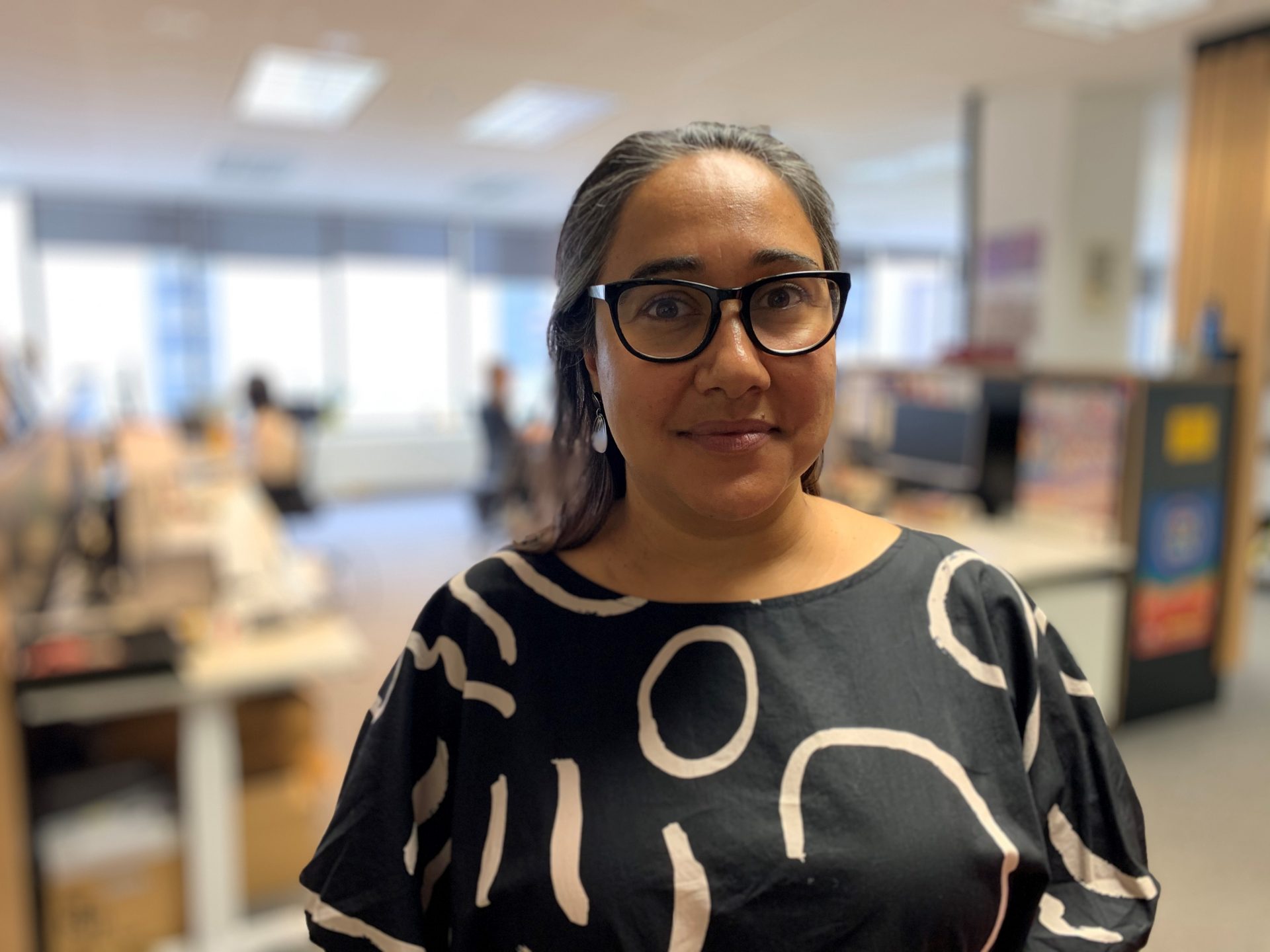If Indigenous people die younger, should we retire younger too?

My father worked a twelve-hour day
As a stockman on the station
The very same work but not the same pay
As his white companions
He got special treatment
Special treatment
Very special treatment
‘Special Treatment’ by Paul Kelly
Australia has a history of special treatment.
This country is built on the special treatment of British invaders and settlers who came after to build their lives on their newly ‘found’ land.
Aboriginal and Torres Strait Islander people also received special treatment, the type that our communities know all too well, the type Paul Kelly sings about. Special treatment that saw the theft of our land, the removal of our children, the denial of culture, continued experiences of racism and exclusion that keeps us out of society.
But whilst the special treatment experienced by the British and their descendants ensured their prosperity, the special treatment our people experienced entrenched our disadvantage, economic and social exclusion, poor health outcomes and shorter life expectancy.
Most Australians’ understanding of fairness and equality is very simplistic. Based on the idea of a ‘fair go’, it implies that most of us have started off on a level playing field. But when two groups of people have experienced such different histories, it is not enough to say ‘we’ll treat you all the same now’ and expect our outcomes to be the same. Not when that special treatment was built on racist narratives that are reinforced today.
People say Australia is the Lucky Country. But I say, lucky for who? Not for the people of this land.
These are the words of Dennis. He is a proud Wakka Wakka man, with lineage through both his mother and father. He was born in Maryborough in Queensland in 1957 but grew up in Cherbourg. For those who don’t know, Cherbourg is managed by an Aboriginal shire council but was originally established as a mission that Aboriginal people – Wakka Wakka and others – were forced to live on, under the Aborigines Protection Act 1897 of Queensland.
Many Aboriginal people of Dennis’ age experienced, or grew up in the shadow of, the forced separation of children from their families – what we now understand to be the Stolen Generation. My own mother grew up being passed between many loving family members so she would not be taken by the authorities. These experiences entrenched a deep fear of white authority – the police, health systems and education.
I started working on the settlement when I was just 10 years old, milking cattle. Later, I worked as a farmhand and at the sawmill. We worked seven days a week, but we got paid very little. Our wages were stolen. My family was given rations by the white people who ran the settlement.
Dennis is now 64 years of age. He works two jobs. One as an Aboriginal Heritage Guide at the Royal Botanic Gardens in Melbourne. He teaches people about native plants, and about Aboriginal tools, food and medicine. In his own words, he ‘teaches people what the land means for Aboriginal people and how we look after the land’. If you’ve been on one of these heritage tours and you had Dennis as your guide, you would remember him. He’s warm, funny and quite brilliant. He is also a DJ at 3KND, an Aboriginal community radio station, and a poet. In these roles, he is able to ‘speak to our people in truth’.
He doesn’t earn a lot. In three year’s time, on his birthday in June 2024, he will become eligible under current legislation to access the Age Pension, dependent on any assets he has. In that year, he will turn 67.
But here’s the thing. As Aboriginal people, Dennis and I have a shorter life expectancy than non-Aboriginal and Torres Strait Islander people. And, the further Aboriginal and Torres Strait Islander people live away from major cities, our life expectancy shortens even more. So for Dennis, when he gets to 67, he may only live another 4 or 5 years.
With the support of the Victorian Aboriginal Legal Service and the Human Rights Law Centre, Dennis is starting a legal action to change this. It is a case based on fairness for all Aboriginal and Torres Strait Islander men and women, to allow them to access the age pension earlier than the rest of the population.
Why?
Because after generations of mistreatment and exclusion creating shorter life expectancy, after a life lived on stolen land, in the shadow of the stolen children, of stolen wages and opportunity, allowing Aboriginal and Torres Strait Islander people to access the age pension a few years earlier would allow some small measure of dignity. Our community makes up 3 percent of the Australian population, but represent just 0.95 percent of people on the age pension.
This case is a real opportunity to talk honestly, to truly understand how past injustices lead to ongoing disadvantage. It is a chance for our legal system to think beyond equality of treatment to implementing equity of outcome.
It takes generations to change life expectancy. It is crucial work that must be done, and must be well resourced. But allowing access to the age pension at an earlier age is a small measure that can be taken now by the federal government to allow Aboriginal and Torres Strait Islander people – people who have received special treatment in the form of removal of children, denial of culture, racism and exclusion – a small measure of dignity in their older years.
After a lifetime of special treatment, it is time that special treatment worked, for once, in favour of our community. In favour of people like Dennis.



